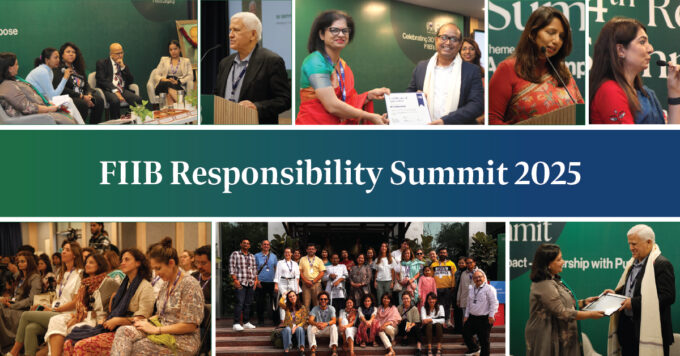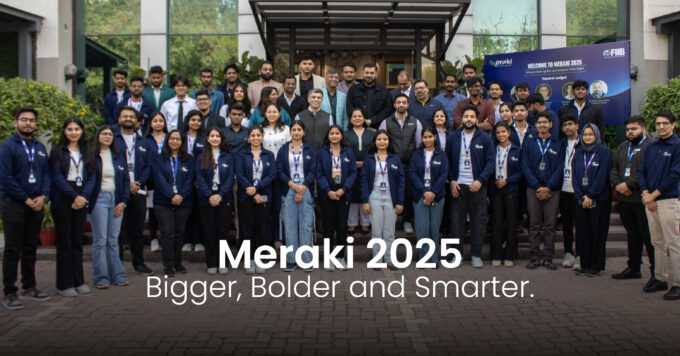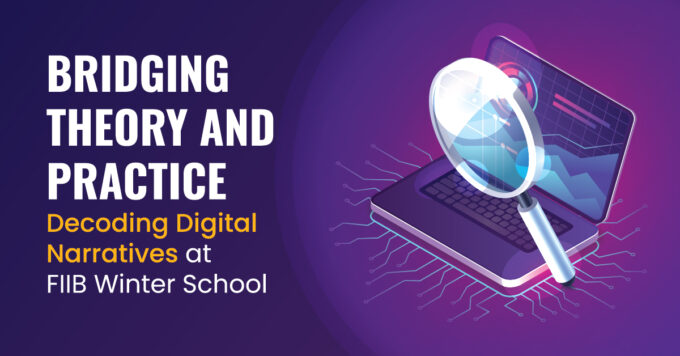In the dynamic realm of higher education, the role of doctoral supervision stands as a linchpin, shaping the next generation of scholars and researchers. Yet, as the landscape of doctoral education undergoes a profound transformation, supervisors find themselves navigating a complex terrain fraught with challenges. Recognizing these multifaceted challenges, FIIB introduced the Supervisory Development Workshop, a pioneering initiative designed to revolutionize the approach to doctoral guidance.
Navigating the Evolving Doctoral Landscape: Challenges and Solutions
Doctoral education is in a state of constant evolution, driven by shifts in academic and research landscapes, as well as changing societal demands. The challenge lies in aligning supervision practices with these evolving requirements. The Supervisory Development Workshop recognized the need for supervisors to adapt to these changes, fostering a proactive approach to addressing challenges.
Supervisors often wear multiple hats, engaging in clinical work, research projects, and teaching roles alongside their guiding responsibilities. Navigating these diverse roles while maintaining high-quality supervision presents a formidable challenge. The workshop addressed this by providing strategies for effective time management and prioritization, ensuring that supervisors can excel in their myriad roles.
With the advent of remote supervision and a reevaluation of Ph.D. qualifications, embracing innovative methods became imperative. The workshop not only acknowledged these shifts but also equipped supervisors with the tools to navigate them successfully. By encouraging openness to new approaches, the workshop facilitated a mindset shift necessary for effective supervision in contemporary academia.
Recognizing the diverse needs of full-time and part-time scholars, the workshop emphasized tailoring guidance to accommodate these differences. Strategies were shared to optimize the learning experience for scholars with unique circumstances, ensuring that supervision is not a one-size-fits-all model.
Ethical publication practices are paramount in academia, and supervisors play a crucial role in instilling these values in their students. The workshop delved into evolving publication trends, ensuring that supervisors stay abreast of requirements and equip scholars to contribute meaningfully to their academic fields.
Impact Across Academia: From Research Quality to Institutional Reputation
The challenges in doctoral supervision extend their influence across critical academic areas. The quality of doctoral education is intricately tied to effective mentorship and guidance, making it imperative to address supervision challenges for the advancement of scholars.
Academic research, too, bears the brunt of ineffective supervision. High-quality guidance translates into productive and impactful research, benefiting not only individual scholars but the academic community at large. Cohesion and collaboration within the academic community are directly influenced by the effectiveness of supervision. The workshop recognized the pivotal role supervisors play in fostering a supportive research environment, promoting trust, and encouraging cooperation among faculty members and scholars.
Maintaining academic integrity is a shared responsibility of supervisors and scholars. Ethical publication practices, instilled through effective supervision, are critical for upholding the standards of academia. The challenges in supervision have implications for institutional reputation, influencing an institution’s standing within the academic community.
From Local Challenges to Global Solutions: The Workshop’s Enduring Impact
The challenges in doctoral supervision have persisted over time, making a lasting impact on research institutions. The Supervisor Development Workshop emerged as a proactive response to these enduring challenges, aiming to equip supervisors with advanced skills and insights tailored to the evolving demands of doctoral education.
The workshop’s impact extended beyond local boundaries, attracting national and international participants and guests. This diversity of perspectives enriched discussions, providing a global outlook on supervisory practices and research perspectives. Participants gained insights from a broad pool of expertise, contributing to the workshop’s success.
The innovative approach of the workshop was evident in its format and content. It covered a range of topics, including effective supervision practices, leadership styles, research methodologies, constructive feedback, trust-building, and ethical publication practices. By fostering a culture of integrity and collaboration within academia, the workshop aimed to nurture responsible academic leaders capable of navigating the complexities of contemporary research effectively.
Fostering Excellence Beyond Boundaries – Shaping Responsible Leaders in Doctoral Supervision
Addressing persistent challenges in doctoral supervision, the FIIB’s Supervisory Development Workshop stood out as an example of innovation and excellence. By empowering supervisors with visionary leadership, ethical practices, and global perspectives, the workshop goes beyond local challenges, shaping responsible leaders in doctoral guidance. As the academic landscape continues to evolve, the enduring impact of this workshop reverberates, contributing to the advancement of scholarship, institutional growth, and the development of ethical academic leaders. The journey from challenges to solutions is a testament to FIIB’s commitment to unlocking excellence in doctoral education.














Leave a comment